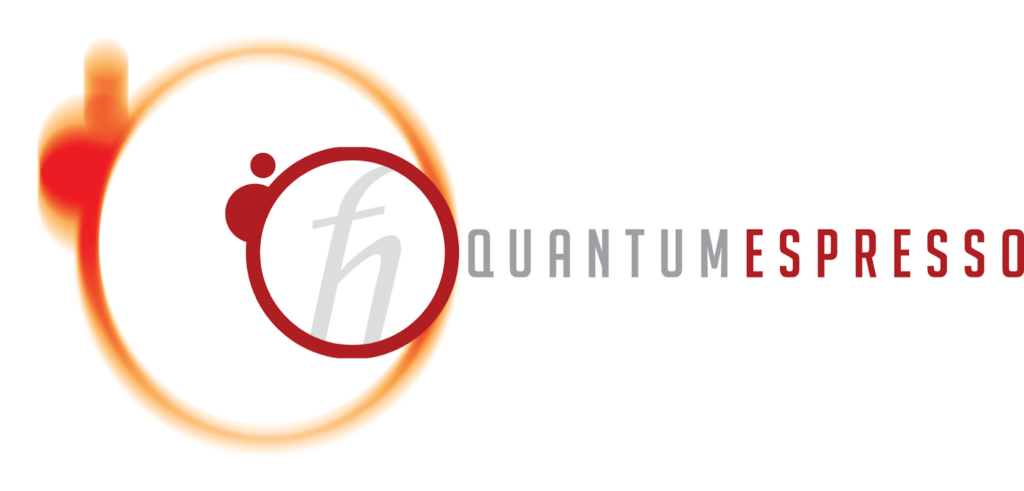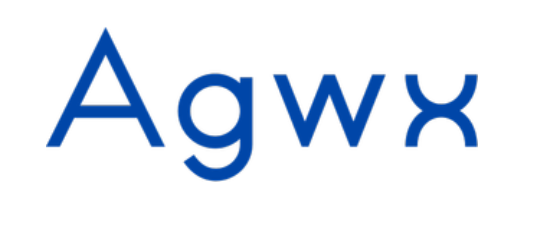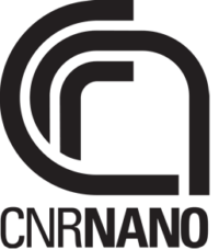We contribute to the developers’ teams of the following codes:

Yambo is a FORTRAN/C code for Many-Body and TDDFT calculations in solid state physics. It uses plane wave basis sets, and permits the calculation of many spectroscopic properties as photo-emission spectra within the GW approximation, optical properties via Time Dependent Density Functional Theory, excitonic effects via the Bethe Salpeter equation, real-timed dynamics and non-linear optical properties. Yambo is among the MaX flagship codes and it counts hundreds of users from all over the world and is taught in dedicated tutorial schools. Yambo runs on many architectures including GPU accelerated machines. The full set of capabilities and methods can be found at the Yambo website.
Developers: A. Ferretti, D. Varsano, P. D’Amico, D. Leon Valido, A. Guandalini.

QUANTUM ESPRESSO is an integrated suite of Open-Source computer codes for electronic-structure calculations and materials modeling at the nanoscale. It is based on density-functional theory, plane waves, and pseudopotentials. Quantum Espresso is one of the most popular DFT codes and its capabilities include ground state calculations, structural optimization, electrochemistry, spectroscopic properties and quantum transport. QUANTUM ESPRESSO is among the MaX flagship codes and it runs on many architectures including GPU accelerated machines. The full set of capabilities and methods can be found at the QUANTUM ESPRESSO website.

Octopus is a software package for performing Kohn–Sham density functional theory (DFT) and time-dependent density functional theory (TDDFT) calculations. Octopus employs pseudopotentials and real-space numerical grids to propagate the Kohn–Sham orbitals in real time under the influence of time-varying electromagnetic fields. Specific functionality is provided for simulating one-, two-, and three-dimensional systems. octopus can calculate static and dynamic polarizabilities and first hyperpolarizabilities, static magnetic susceptibilities, absorption spectra, and perform molecular dynamics simulations with Ehrenfest and Car–Parrinello methods. The code is written predominantly in Fortran, with some C and Perl. It is released under the GPL.

WanT is a GPL open-source scientific software that provides an integrated approach for the study of coherent electronic quantum transport (conductance) in nanostructures. The core methodology combines state-of-the-art Density Functional Theory (DFT) with a Green’s functions method based on the Landauer formalism to describe quantum conductance. The essential connection between the two is the use of the maximally-localized Wannier function representation.
AiiDA workflows

AiiDA is an open-source Python infrastructure to help researchers with automating, managing, persisting, sharing and reproducing the complex workflows associated with modern computational science and all associated data. The Aiida platform is particularly suitable for High-Throughput calculations and automatic data tracking in HPC environment. AiiDA allows to build and execute complex, auto-documenting workflows linked to multiple codes on local and remote computers. The CNR-Nano team is active in developing the Aiida-Yambo plugin and workflows.

AGWX is Many-body perturbation theory GPL code based on B-Spline basis set for 1D systems, lattice models, atoms and homogeneous electron gas implementing advanced self energies beyond the GW approximation.

